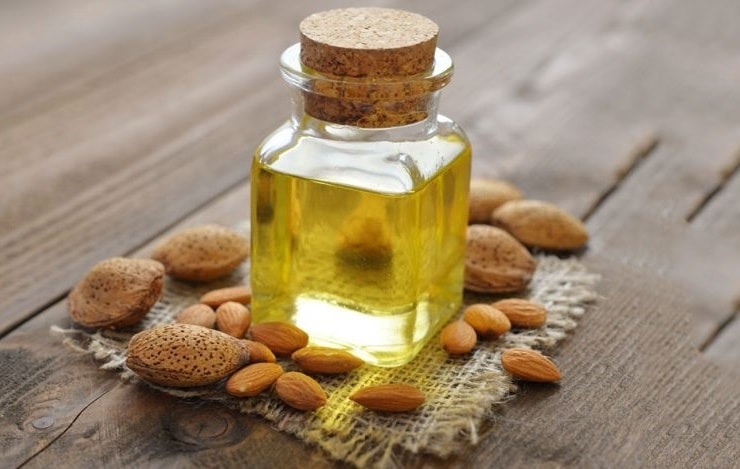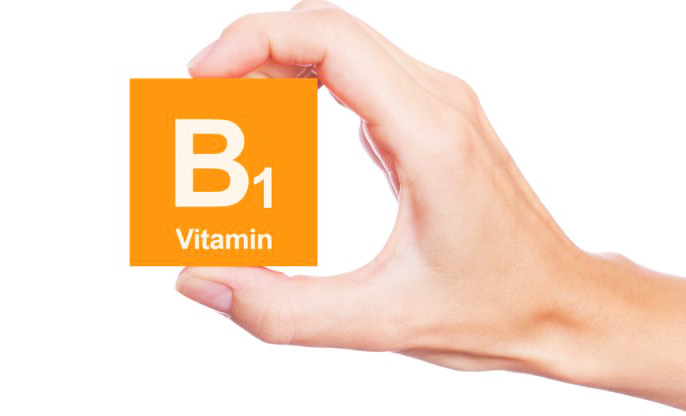Just like what the name says, vitamin B1 is a member of the big family of B vitamins. It is one of the many water-soluble vitamins, which means that the body is incapable of storing it — excess amounts of vitamin B1 escape the body by means of the kidneys. It’s because of this why you need to constantly supply your body with vitamin B1.
And what are the reasons why you have to make sure that your body always gets the vitamin B1 it needs? Read on. Don’t forget to share this article on your different social media sites afterwards to also get your health-conscious family members and friends know about the benefits offered by vitamin B1.
Vitamin B1 is also sometimes referred to as thiamine. While you only need a small amount of this vitamin at any given time, it’s of utmost importance to make sure that your body is constantly supplied with it by means of your diet. There are also multivitamins that contain vitamin B1, and it is also available on its own.
One of the best food sources of vitamin B1 is liver. You can also obtain good amounts of it from beef, pork, chicken, turkey and fish. All dairy products that you can think of have vitamin B1, too, such as milk, cheese, butter and ice cream. As you can see, all sorts of food products that come from animals supply your body with this nutrient.
If you are a vegetarian, allergic to dairy or you are simply trying to cut down on your intake of saturated fat and also bad cholesterol, fret not. That’s because you can also obtain vitamin B1 from plant sources. Some great examples include mushrooms, potatoes, peas, beans, seeds, tomatoes and eggplants.
Having a well-balanced diet helps ensure that you get all your daily requirement of vitamin B1. If your diet is not the healthy kind, then you may end up with vitamin B1 deficiency. It’s a good idea to consult a doctor if you believe you are suffering from it so you may get diagnosed and prescribed with the right supplements, too.
The following are the health benefits to enjoy for getting good amounts of vitamin B1:
Healthy Nerves
Vitamin B1 is important for safeguarding the nerves from damage because it is a role player in the development and maintenance of the myelin sheath, the protective covering of nerve fibers. If you fail to get enough vitamin B1, you may end up with nerve damage that can cause pain, numbness or tingling sensation.
Improved Memory
Experts say that vitamin B1 is also vital for keeping the brain cells in an excellent shape. It’s for this reason why the nutrient is known to boost memory as well as cognitive functioning. Vitamin B1 is also said to help ward off Alzheimer’s disease, as well as considerably slow down its progression.
Boosted Energy
Just like the rest of the members of the B vitamins, vitamin B1 is a role player in the conversion of food into a kind of energy that the cells and tissues of the body may employ. Consuming foods rich in vitamin B1 or supplementing with it can help in keeping the body energized.
Prevented Anemia
Everyone knows that iron is essential for the production of red blood cells or RBCs. Are you aware that the body also relies on vitamin B1 for RBC production? In other words, vitamin B1 is important for the prevention and even reversal of anemia, no matter if it’s the iron-deficiency or megaloblastic type.
Optimized Eye Health
If you want to keep your eyes in a healthy state, make sure that your diet consists of foods that are rich in vitamin B1. That’s because this nutrient is also essential for keeping the eyes out of harm’s way. Experts say that vitamin B1 is especially very good at preventing cataracts from striking.








